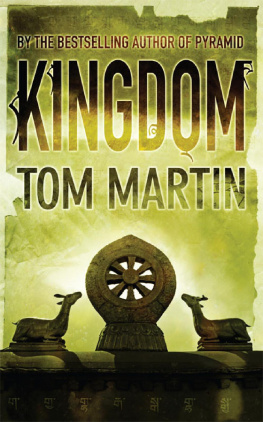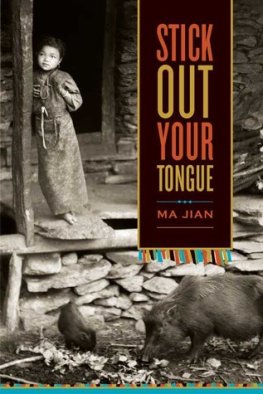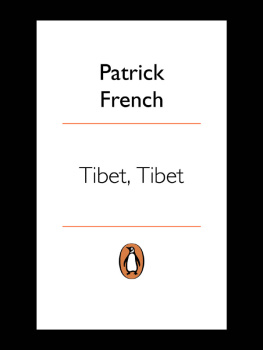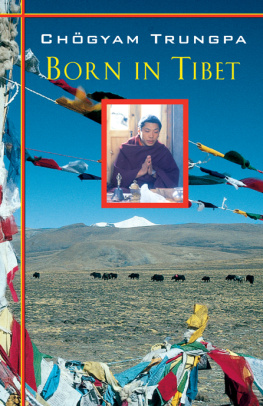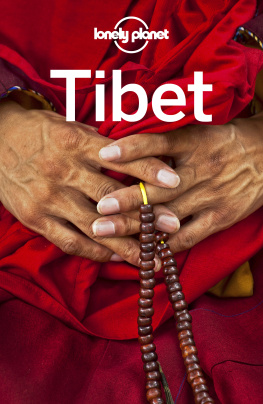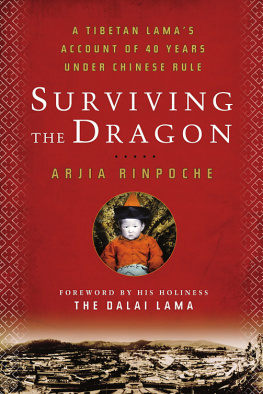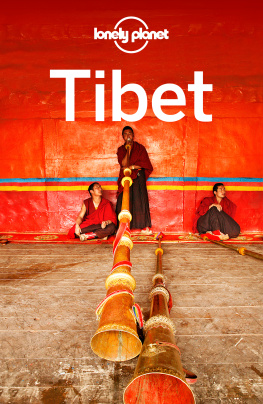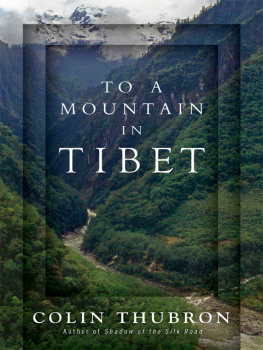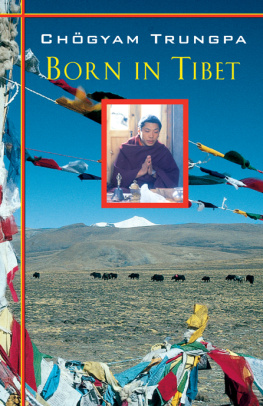Tom Martin lives in Oxford.
Also by Tom Martin
PYRAMID
TOM MARTIN
PAN BOOKS

First published 2009 by Pan Books
This electronic edition published 2009 by Pan Books
an imprint of Pan Macmillan Ltd
Pan Macmillan, 20 New Wharf Rd, London N1 9RR
Basingstoke and Oxford
Associated companies throughout the world
www.panmacmillan.com
ISBN 978-0-330-47991-2 in Adobe Reader format
ISBN 978-0-330-47990-5 in Adobe Digital Editions format
ISBN 978-0-330-47992-9 in Mobipocket format
Copyright Tom Martin 2009
The right of Tom Martin to be identified as the author of this work has been asserted by him in accordance with the Copyright, Designs and Patents Act 1988.
You may not copy, store, distribute, transmit, reproduce or otherwise make available this publication (or any part of it) in any form, or by any means (electronic, digital, optical, mechanical, photocopying, recording or otherwise), without the prior written permission of the publisher. Any person who does any unauthorized act in relation to this publication may be liable to criminal prosecution and civil claims for damages.
A CIP catalogue record for this book is available from the British Library.
Visit www.panmacmillan.com to read more about all our books and to buy them. You will also find features, author interviews and news of any author events, and you can sign up for e-newsletters so that you're always first to hear about our new releases.
To Kuhn Sucharitakul
And to JK, il miglior fabbro
When everyone thinks something is good
it becomes evil.
Lao Tzu, Chinese sage, fourth century BC
1
Litang monastery, Pemako jungle, Tibet
No one knew the mans name. He had arrived at the monastery gate slung over the back of a mule, his hands and feet tied under the animals belly. He was alone.
For three days now the rains had swept through the jungle, transforming it into a shining, living ocean that was forever attempting to wash over the sides of the monastery walls. A giant caterpillar rippled on the branch of a tree, its inch-long spines rising and falling as it flowed forward. Something stirred in the depths of the forest. But the slight noises, the sounds of something creeping, of shuffling through the undergrowth, were drowned out by the persistent drumming of the rain. Even the hoots of the spider monkeys sounded ghostly and remote, smothered by the force of the water.
In the monasterys central courtyard Dorgen Trungpa, a novice monk, was splashing through the water. The Abbot had asked him to go to the village. His sodden robes clung to his limbs as he ran but he did not mind the rain, even as his bare feet sank deep into the mud.
Though he was young and strong, that day Dorgen Trungpa ran no further than the monastery gate. There he saw the man on the mule and terror fixed him to the spot. He had never seen a white man before. The pallor of his skin was strange enough to the young monk, but this alabaster skin was also covered in enormous leeches. For a moment Dorgen Trungpa simply stood in mute incomprehension, not knowing what to do. Then, his heart thumping and with a sense of foreboding, he slowly moved towards the stranger.
At first he thought he must be dead, so waxen and ghastly was the skin, and then there was the blood the blood-coated hands and the blood across his ragged clothes. The rope had gouged deep into the mans wrists and ankles. His face was turned towards the belly of the mule, but Dorgen Trungpa did not dare to lift the mans head. He imagined his eyes, staring blankly, and the leeches sucking on his dead skin.
Dorgen Trungpa backed away slowly from the man, as if a sudden movement might disturb him, and then when he had retreated some distance he turned. He ran, gasping with fear, and didnt look round until he arrived back in the flooded courtyard.
A man, he told his fellow monks. A man with skin like alabaster. A terrible man, leeches sucking his skin, tied to a mule. Come quickly, he said, and two other monks followed him, shaking their heads and saying this would bring only evil.
In frightened silence, rain lashing at their thin robes, the monks struggled with the body, cutting it from the mules back. A small sodden canvas bag was slung over the mans right shoulder, hooked tightly under his left armpit it seemed to be the only possession he had.
Even now Dorgen Trungpa assumed they were bearing a corpse, that no man could be so waxen and terrible and yet living. With their heavy burden they wrestled their way up the cart track, sliding in the mud, their sweat mingling with rainwater.
In the courtyard they laid him on the stones. Somewhere in the ancient monastic complex a bell began to ring out over the rooftops with a slurred atonal sound, as if it was ringing underwater. And now a distant bellow of thunder rumbled across the mountains.
Tentatively, the three monks set to work tearing the leeches from the mans cheeks, leaving welts on his ashen skin. Dorgen Trungpa felt inside the mans mouth, and withdrew his hand holding a bloated monster. His gorge rising, he threw it into a puddle, where it squirmed violently.
Now the Abbot appeared in the doorway to the prayer hall. A man esteemed among his monks, the senior lama of Pemako. At seventy years of age, he was thin to the point of malnourishment and yet he glowed with energy. When they heard his footsteps approaching across the courtyard, the young monks ceased their activity and let the limp body slide to rest on the courtyard floor.
The Abbot held worry beads in his left hand. Click click, clack clack, the noise of the beads was steady though muffled by the rain. Behind him was a short, anxious man, with short black hair the Abbots deputy. At the ruined body the two lamas paused, and then crouched down. With the tips of his fingers, the deputy felt the white mans throat for any signs of a pulse. A second later, he looked up at the monks and muttered a single word.
Doctor.
One monk began running immediately he heard him, and vanished quickly through a low doorway in the far wall. Click click, clack clack, went the Abbots worry beads, as he leaned towards the man, searching his face for signs. With his callused fingers the deputy delved under the flap of the bag and pulled out the contents: a pipe, some opium and a weatherbeaten, black-covered book, written in an unknown language. The two lamas inspected the items, mystified, and then returned them to their pouch and smoothed the sodden flap back into place. For a moment the Abbot held his hand suspended above the mans heart, as if seeking thereby to draw out his secret.
The deputy was the first to speak. He moved his mouth close to the ear of the Abbot so that neither of the younger monks would hear. His voice trembled as he whispered:
His sherpas must have abandoned him at the gate when he caught a fever... He is on the verge of death...
He glanced back down at the white man and then muttered almost to himself:
... but how did a Westerner travel into Pemako in the first place? And why?
When the Abbot spoke his voice was thin and resigned.
This man brings a dark augury. His arrival signals the end of our monastery. By nightfall I will be dead and our gates will lie shattered.
The rain pounded on the courtyard floor and gushed down the tiled roofs of the ancient stone buildings. Now the young monk reappeared with the doctor, who knelt before the stranger and began to examine his limp body. Water streamed down the Abbots face but his unblinking eyes betrayed no hint of fear or panic.

